Uday Chatterjee - Ecological Footprints of Climate Change: Adaptive Approaches and Sustainability
Here you can read online Uday Chatterjee - Ecological Footprints of Climate Change: Adaptive Approaches and Sustainability full text of the book (entire story) in english for free. Download pdf and epub, get meaning, cover and reviews about this ebook. year: 2023, publisher: Springer, genre: Politics. Description of the work, (preface) as well as reviews are available. Best literature library LitArk.com created for fans of good reading and offers a wide selection of genres:
Romance novel
Science fiction
Adventure
Detective
Science
History
Home and family
Prose
Art
Politics
Computer
Non-fiction
Religion
Business
Children
Humor
Choose a favorite category and find really read worthwhile books. Enjoy immersion in the world of imagination, feel the emotions of the characters or learn something new for yourself, make an fascinating discovery.
- Book:Ecological Footprints of Climate Change: Adaptive Approaches and Sustainability
- Author:
- Publisher:Springer
- Genre:
- Year:2023
- Rating:3 / 5
- Favourites:Add to favourites
- Your mark:
Ecological Footprints of Climate Change: Adaptive Approaches and Sustainability: summary, description and annotation
We offer to read an annotation, description, summary or preface (depends on what the author of the book "Ecological Footprints of Climate Change: Adaptive Approaches and Sustainability" wrote himself). If you haven't found the necessary information about the book — write in the comments, we will try to find it.
This book explores global implications of human activities that trigger changes in climate and the appropriate scientific, adaptive, and sustainable approaches as a proven information tool. It reveals that the ecological, social, and economic dynamics of the changing earth encompasses huge uncertainties coupled with its ability to be linked to other forms of global change. From a scientific perspective, multiple efforts are expedient to integrate the many aspects of global changes. Increases in science and technology have afforded nations the ability to plan for the future by investing in adaptive and mitigative measures to monitor present and future changes. Just as the climatic and ecological impacts of climate change are unequally distributed, so is the adaptive capacity to cope with these impacts in different nations. Considering that wealth, infrastructure, and political stability all contribute to a nations capacity to anticipate and respond to change. So, global South nations who are disadvantaged in these areas are faced with more inequalities and more unique adaptive strategies. There is need for increased aggregate efforts and interaction between scientists, stakeholders, and policy makers to improve both decision-making and global change in science. Scientists and researchers need to work on expanding the range of polices that are proposed, debated, and implemented. This way, novelty, new ideas and methodologies are infused into the society. At this point of multiple climate footprints, there is an immense need to explore all ideas evaluating their possibilities in presenting alternative futures, developing alternative policies, and adaptive options to solve the intractable ecological footprints of climate change.
Uday Chatterjee: author's other books
Who wrote Ecological Footprints of Climate Change: Adaptive Approaches and Sustainability? Find out the surname, the name of the author of the book and a list of all author's works by series.

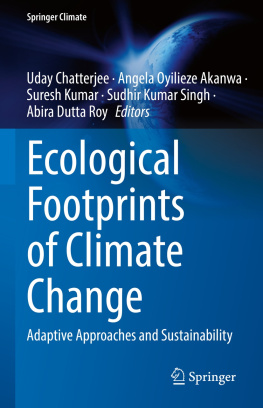
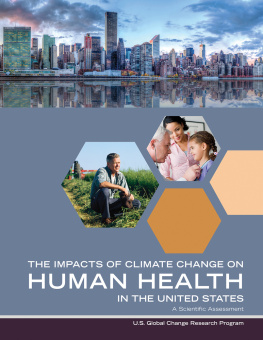
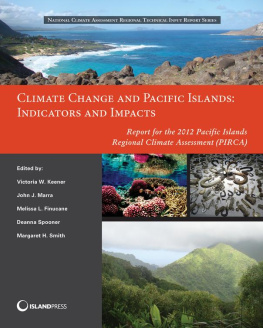

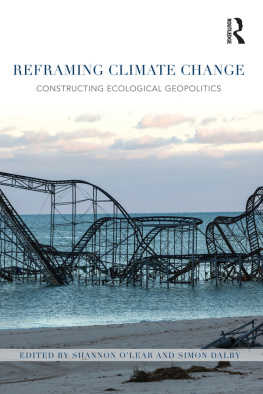

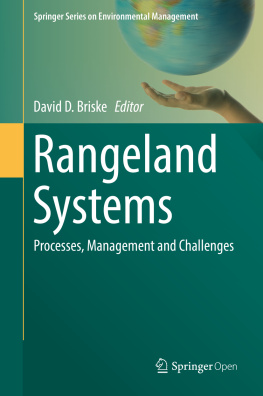
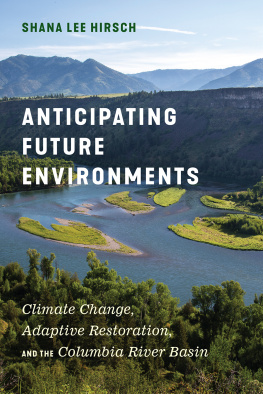
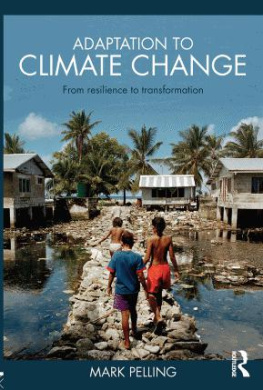
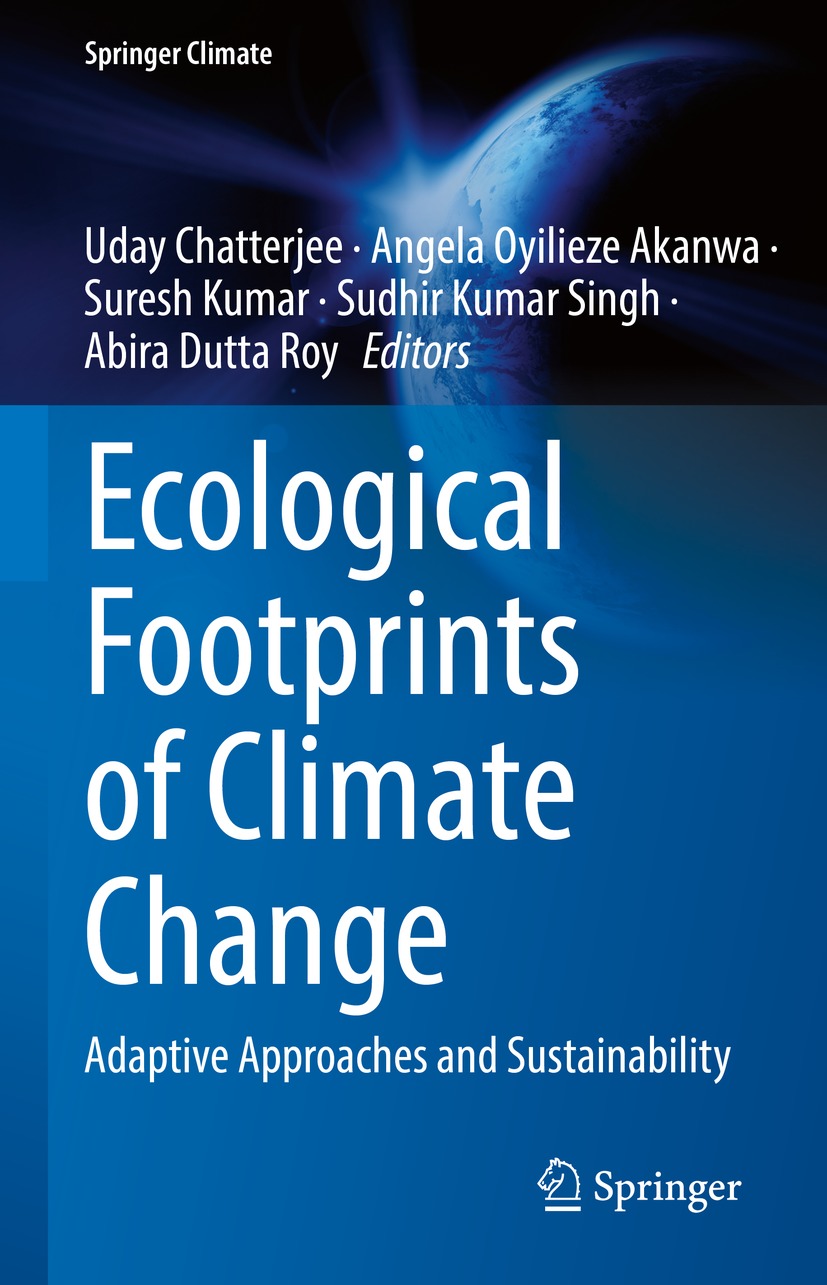

 A photo of Anil K. Gupta. Climate plays a vital role in regulating agriculture productivity and practices, food habits and drinking water needs of our Earth and thus socio-economy of developing nations such as India. Global warming driven-climate change impacts both fauna and flora and thus ecological footprints across the regions. The book entitled Ecological footprints of climate change: Adaptive Approaches and Sustainability edited by Uday Chatterjee, Angela Oyilieze Akanwa, Suresh Kumar, Sudhir Kumar Singh and Abira Dutta Roy to be published by Springer is timely and extremely relevant in the present scenario. The chapters written for this book are outstanding examples of advance works applied to the relevant field.
A photo of Anil K. Gupta. Climate plays a vital role in regulating agriculture productivity and practices, food habits and drinking water needs of our Earth and thus socio-economy of developing nations such as India. Global warming driven-climate change impacts both fauna and flora and thus ecological footprints across the regions. The book entitled Ecological footprints of climate change: Adaptive Approaches and Sustainability edited by Uday Chatterjee, Angela Oyilieze Akanwa, Suresh Kumar, Sudhir Kumar Singh and Abira Dutta Roy to be published by Springer is timely and extremely relevant in the present scenario. The chapters written for this book are outstanding examples of advance works applied to the relevant field. A signature of Anil K. Gupta
A signature of Anil K. Gupta